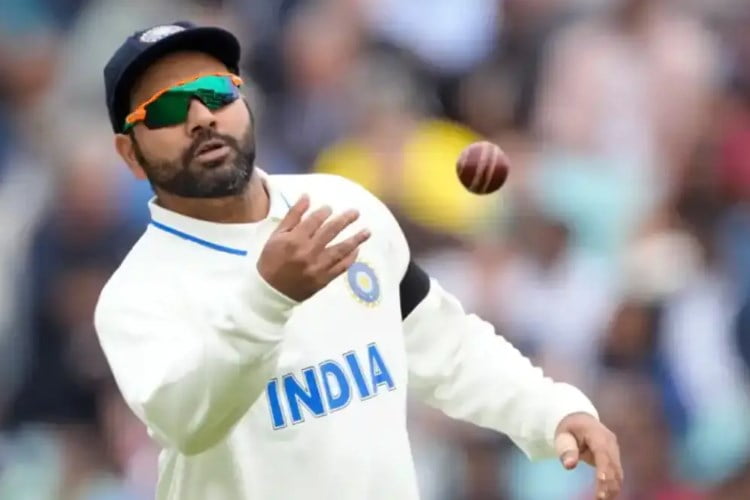Rohit Sharma’s suggestion for a three-match final in the World Test Championship (WTC) drew attention following India’s defeat against Australia in the WTC final at The Oval. The Indian captain proposed that the current one-off final format be replaced with a three-match series. Sharma also expressed his opinion that the final could be conducted at a different time of the year and outside England.

Former Australian cricketer Brad Hogg recently shared his thoughts on Rohit’s idea during a discussion on his YouTube channel. The 52-year-old agreed with Sharma’s proposal and added his own recommendation for a two-division system, with the top four teams in division one and the remaining teams in division two. Hogg also proposed a separate third division for associate nations.
ALSO READ: Sourav Ganguly Praises IPL’s Impact On Indian Cricket and ICC Competitions
“I agree with Rohit Sharma that the WTC final should be a three-match series, but this time it was a one-match final, and Australia won that, and I am not taking away from that. It is about the game moving forward,” Brad Hogg stated on his YouTube channel.
Hogg further elaborated on his model, drawing inspiration from the division system employed in the English County Championship and football leagues. The proposed system would feature promotion and relegation, providing smaller teams with opportunities for growth while keeping bigger teams on their toes, without room for complacency.
In his explanation, Hogg outlined that the top two teams from division one would engage in a three-match final on the home soil of the team that finishes at the top of the table. Additionally, teams ranked three and four in division one would compete against the top two teams in division two. The third-ranked team in division one would play at home against the second-ranked team in division two, while the top team in division two would face off against the third-ranked team in division one.
ALSO READ: Madras High Court To Hear MS Dhoni’s Contempt Of Court Plea Against IPS Officer
“The top two teams in division one play a three-match final on the home soil of the top team in the table. Then the teams ranked three and four in division one play against teams that finished top two in division two. Team three of division one will play at home against team two of division two, and then team one of division two will play team three of division one,” concluded Brad Hogg, explaining his proposal.
